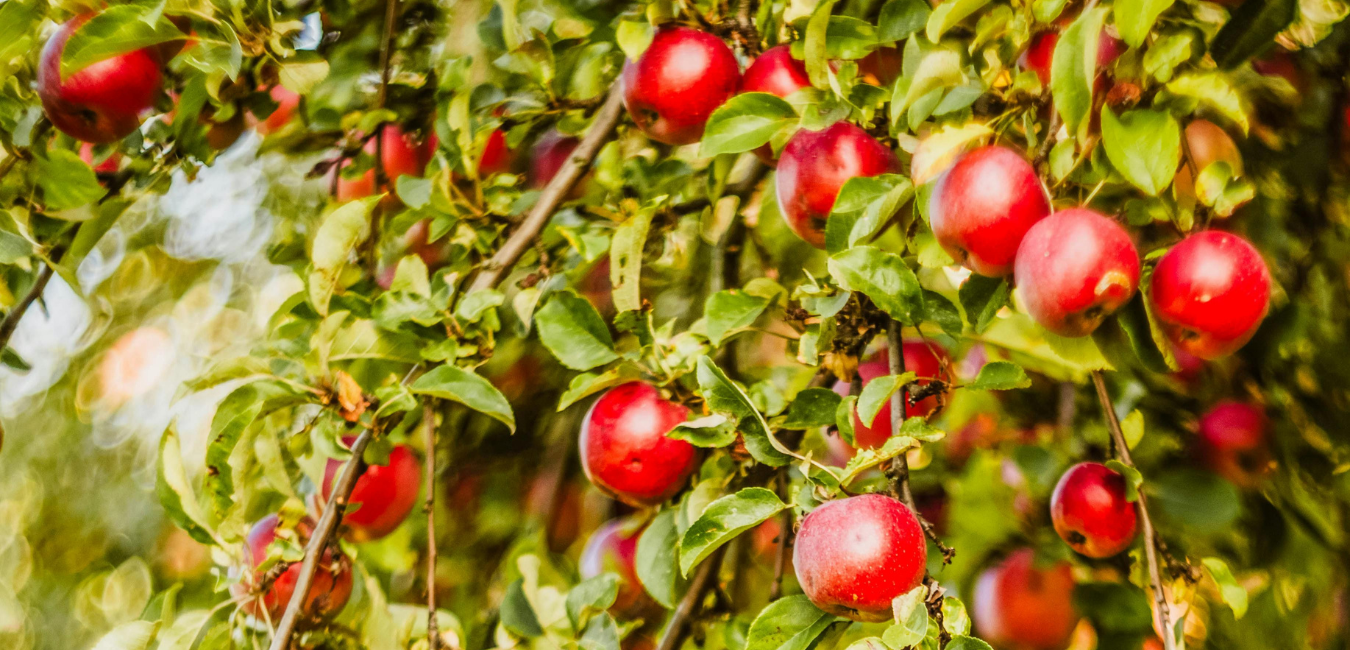According to the French Biodiversity Office, more than a third of the earth’s surface is now composed of agricultural ecosystems. This includes approximately 1.58 billion hectares of arable land with both perennial and annual crops, which accounts for around 33% of global agricultural land (source: FAO).
Facing soil depletion, excessive use of phytosanitary products , and the adverse effects of climate change, plantations, including perennial crops, are subject to various threats , undermining their production.
Maintaining a production of adequate quality and quantity is therefore a crucial challenge that farmers must meet. Increasingly used in agriculture, biostimulants are an effective solution for enhancing the yield of various agricultural crops, including field crops and perennial crops.







